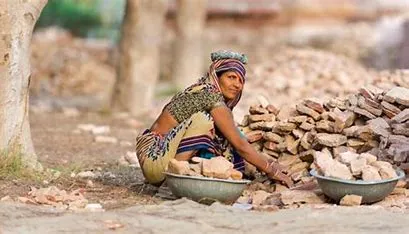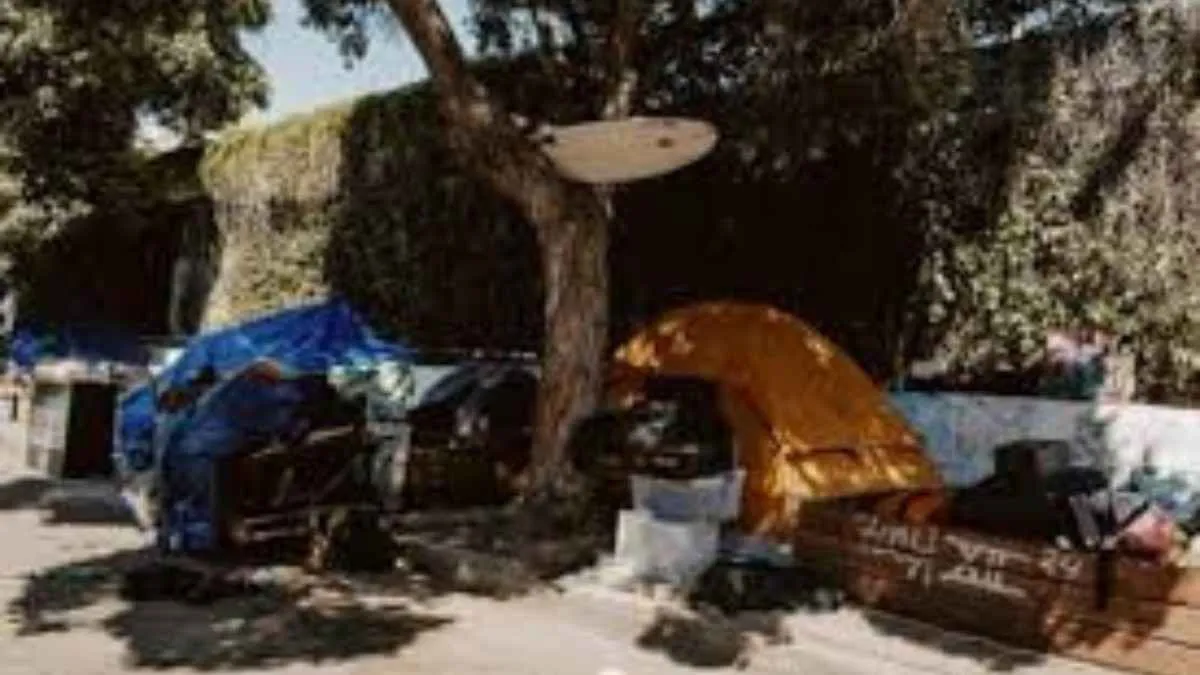In a shocking discovery, Brazil’s labor ministry rescued 163 Chinese workers who were reportedly subjected to “slavery-like conditions” at a factory construction site owned by Chinese electric vehicle manufacturer BYD. The workers, employed by the Jinjiang Group, were relocated to hotels while authorities began negotiations to secure their rights and compensation.
The controversy has put a spotlight on the treatment of immigrant workers in Bahia, Brazil’s northeastern state, which is one of BYD’s largest overseas markets.
Details of Worker Exploitation
Investigators uncovered significant violations:
- Passports withheld: 107 workers reportedly had their passports confiscated by Jinjiang, limiting their freedom of movement.
- Degrading conditions: The workers were identified as potential victims of human trafficking.
Both BYD and Jinjiang deny wrongdoing. Jinjiang criticized the “slavery-like” label, calling it inaccurate, while BYD accused the media of targeting Chinese brands to strain diplomatic ties between Brazil and China.
Legal and Financial Repercussions
Brazil’s strict labor laws could impose severe consequences on the companies:
- “Dirty List”: If proven guilty, BYD and Jinjiang could be added to Brazil’s “dirty list,” a public registry of employers found guilty of labor exploitation. Inclusion carries substantial reputation damage and bars access to bank loans.
- Legal actions: Companies may face lawsuits and be required to pay damages to the victims and the Brazilian government.
- Criminal charges: Executives could face charges of human trafficking and slavery-like practices, with sentences of up to eight years in prison.
Ongoing Negotiations and Support for Workers
Labor authorities are negotiating compensation for the workers, which may include back wages and severance payments. Additionally, the workers will receive unemployment benefits.
BYD has already agreed to fund return trips for seven employees scheduled to leave on January 1, covering travel costs up to $120 each.
Experts note that negotiations in such cases can take months, and the legal process could stretch over years due to appeals and internal reviews.
Rights of Victims
Human trafficking victims in Brazil have the option to stay in the country or return to their home countries. Organizations like I-MiGRa, which focus on combating trafficking, are involved in ensuring the workers’ rights are upheld




















